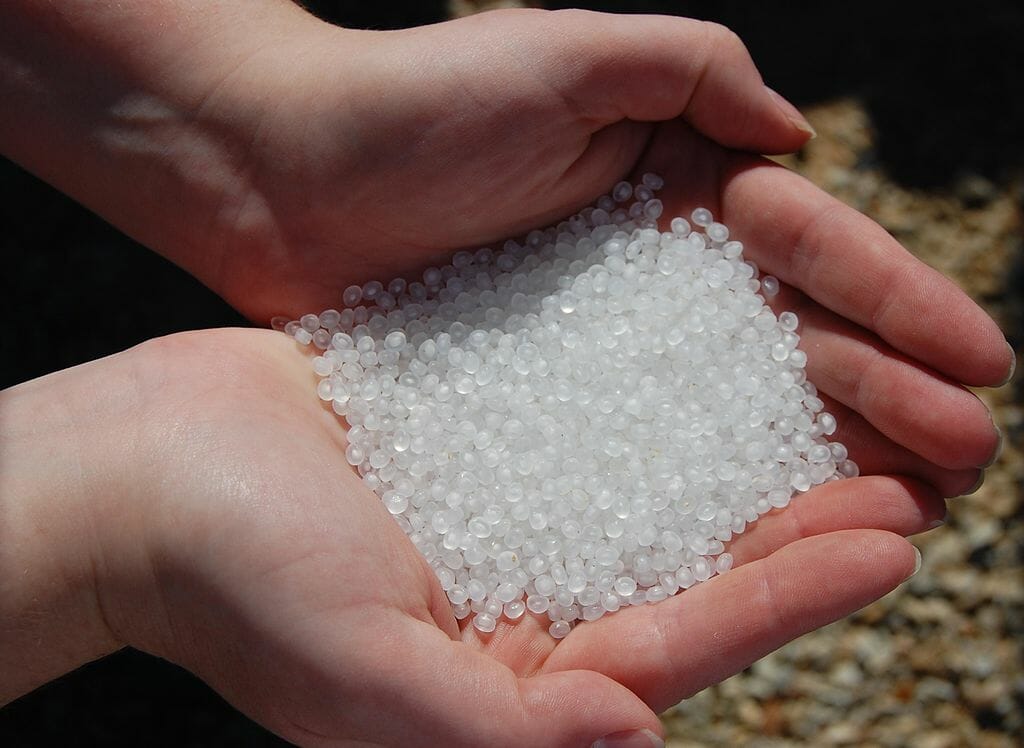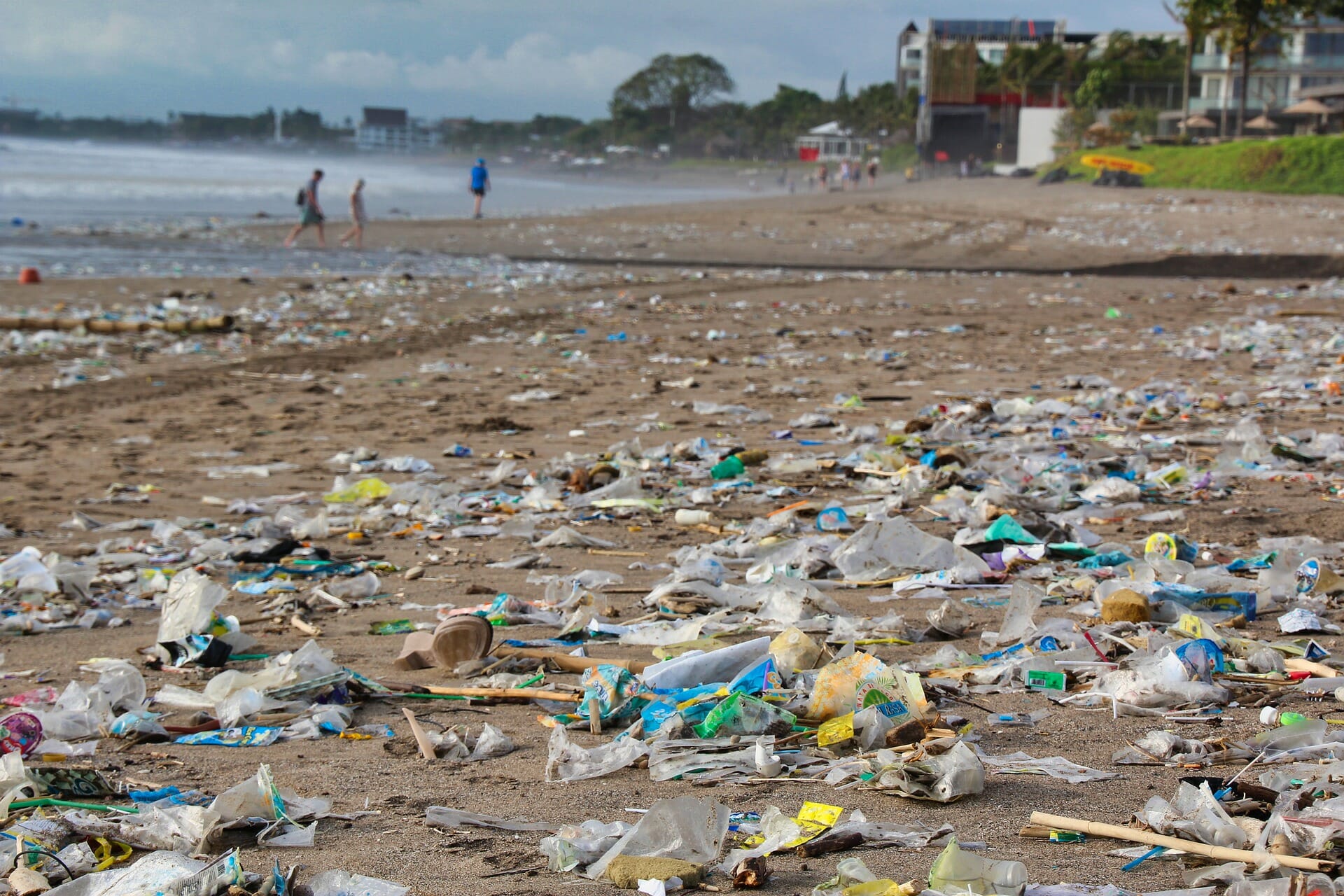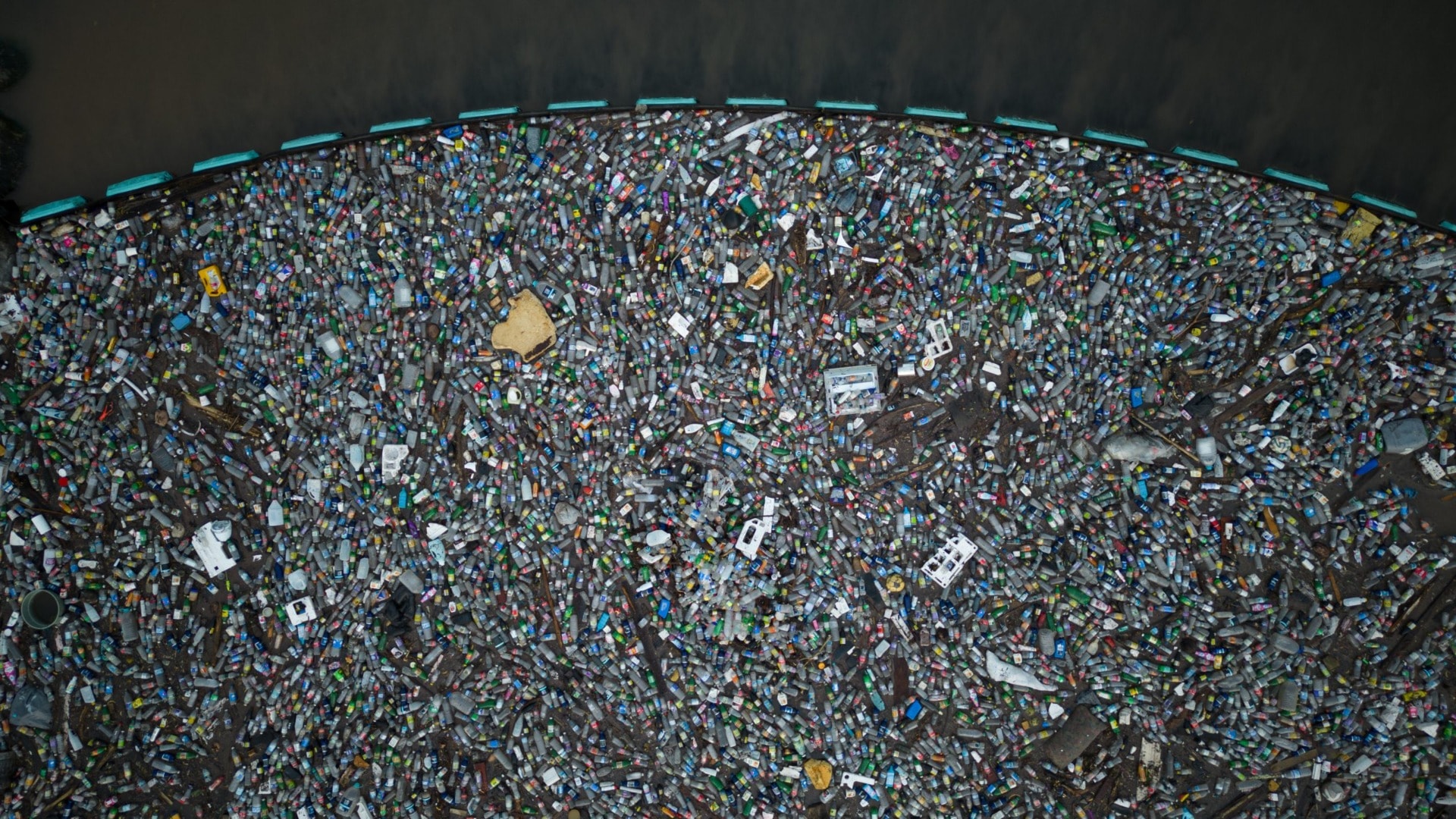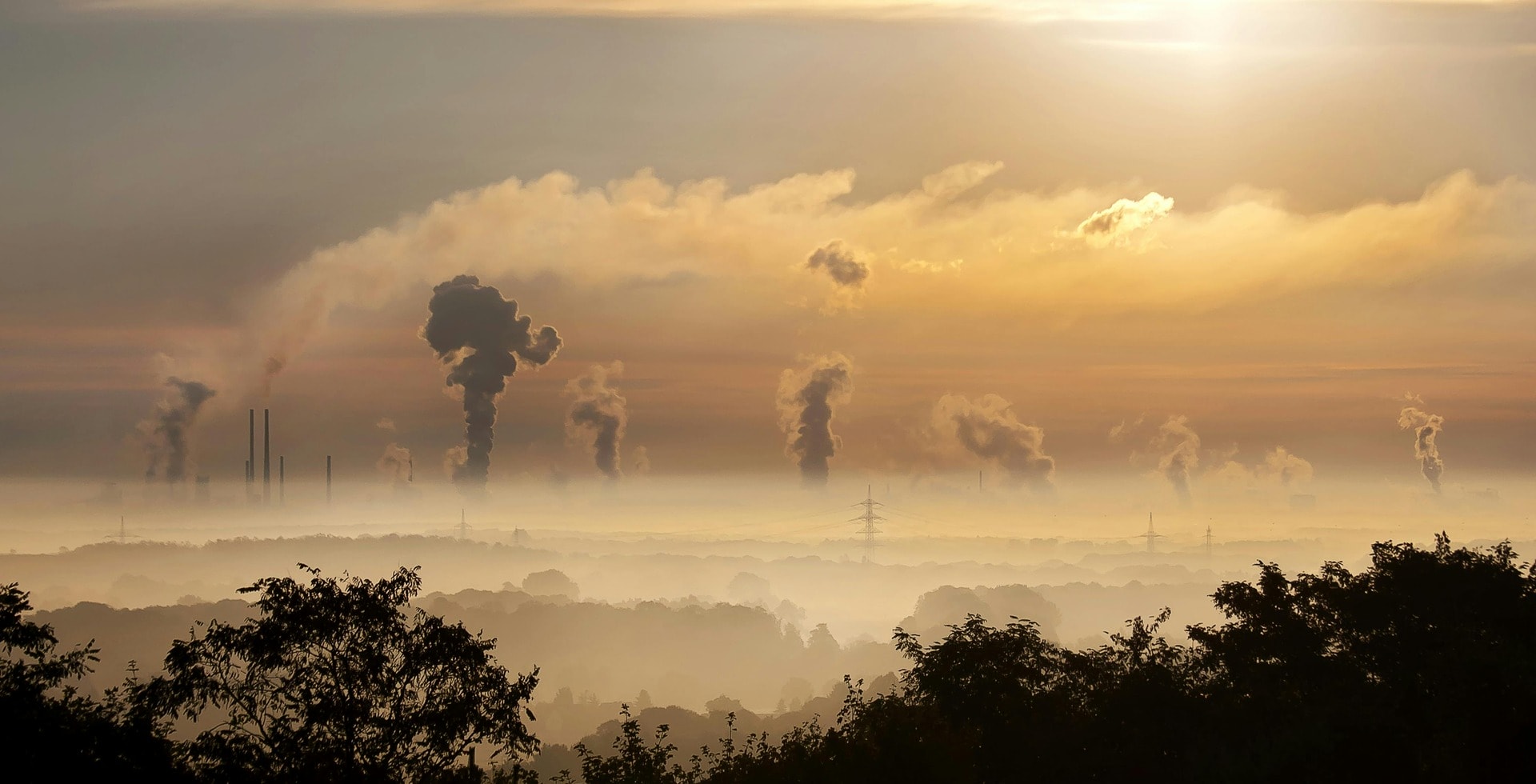Forget oil spills – plastic spills are just as harmful, but they are not recognised as hazardous in the same way.
Spills of nurdles – the colloquial term for the tiny plastic pellets used to create plastic products, have huge impacts on the environment when dropped into the ocean. However, the International Maritime Organisation (IMO) still does not recognise them as hazardous under its dangerous goods code for safe handling and storage.
And transportation is where nurdles have the most potential to cause damage to the environment. Nurdles, as the “building blocks” for any plastic product, can be made from a variety of different plastics including polyethylene, polypropylene, polystyrene. They can be a threat to wildlife when they are transported to factories, especially by shipping container, or when they are released by plastic plants.
When released into the ocean, nurdles are hard to distinguish from fish eggs, as they are a similar size and colour. They are often mistakenly eaten by fish, seabirds and other marine wildlife. Nurdles can cause ulceration, as well as tricking fish into feeling full, believing they have eaten, which can lead to malnourishment and starvation.

Nurdles also act as “toxic sponges”, meaning they draw pollutants around them to their surfaces. These pollutants can then enter the food chain when these fish are eaten, which can bring about much wider impacts on ecosystems.
More than 220 marine species have been shown to eat microplastics like nurdles, as well as other plastic debris.
Earlier this year, the X-Press Pearl container ship caught fire and sank off the coast of Sri Lanka. The UN called it Sri Lanka’s “worst maritime disaster”, with 87 containers on board spilling billions of nurdles into the sea, many of which ended up on the country’s beaches.
Related Articles: 4 Ways to Reduce Plastic Pollution | The Sustainable Development Goals and Fighting the Plastic Soup | Will We Ever Solve the Plastics Problem?
The UN report describes it as the largest plastic spill in history: the nurdles from this spill alone are set to spread from the shores of Malaysia to Somalia. Hundreds of dead dolphins have already been found, their bodies full of these plastics, after this spill. Fish is a key source of protein in Sri Lanka, and there are now concerns that this will affect its fishing industry and the diet of Sri Lankans.
A Nurdle spill also occurred near the coasts of Denmark, Sweden and Norway last year, with ten tonnes of pellets released after a container broke open during a storm. The environmental organisation KIMO International notes the potential for a long-lasting impact on the tourism and local economies of the areas worst affected.
Plastic pollution, spills and contamination
Over 300 million tons of plastic are produced every year, according to the IUCN. That’s more than the combined weight of every person on the planet. At least 14 million tons of this end up in the ocean, making up 80% of marine debris. Because plastic is such a durable, lightweight and moldable material, it is used in every manner of creating goods. And plastic production is set to increase by 40% over the next six years, due to billions worth of investment from fossil fuel companies, according to The Guardian.

The difficulty with nurdles is that the pellets are so small, which makes collecting and removing them that much more difficult. Plastic, while sometimes used only once, takes years to decompose. What’s more, nurdles still do not have the proper recognition as the massive threat to the environment and ecosystems that they are. This is despite long-standing awareness of the dangers that plastic spills pose to ocean ecosystems.
Environmental activists have been fighting this ecological hazard, with a $50m lawsuit filed against a Texan plastic plant responsible for spillage in the Gulf of Mexico. Action against nurdles can be seen as part of a broader fight against plastic pollution and the most important step is reducing the use and production of plastics as much as possible. Reusing plastics will also help, and recycling – but it should be noted that only 16% of plastics are actually recycled.
The plastic lobby is powerful and American activists were also charged with “terrorizing” a plastic lobbyist by dropping nurdles outside their door. However, more awareness of the scale of the issue would help to fight this, and legal recognition by the IMO would be an important step.
Unfortunately, so far, the IMO, of all the UN agencies, appears to be the one most easily manipulated by corporate interests and lobbyists – most famously by the shipping industry. Will the IMO now listen to reason and push back against nurdle spills in the oceans? This remains to be seen, but one may hope that pressure from activists will eventually counter-balance and possibly win out over entrenched corporate lobbies.
Editor’s Note: The opinions expressed here by Impakter.com columnists are their own, not those of Impakter.com. — In the Featured Photo: Nurdles on a beach. Featured Photo Credit: maldeseine.













